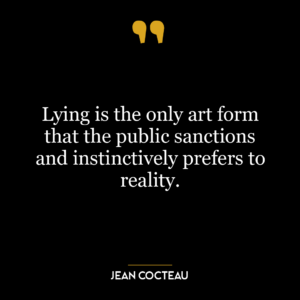This quote, “Grant people a lifetime of forgiveness before you even meet them,” speaks to the idea of unconditional acceptance and empathy towards others. It suggests that we should approach every person we encounter with an open mind and heart, ready to forgive any faults or mistakes they might make. This is not to say that we should allow others to harm us, but rather that we should not hold their past or potential future mistakes against them.
The concept of forgiveness here is not limited to forgiving wrongdoings, but also encompasses understanding and accepting people’s imperfections, flaws, and differences. It is about seeing the humanity in others before making judgments or forming biases. This quote encourages us to cultivate a mindset of compassion and understanding, which can lead to deeper connections and healthier relationships.
In today’s world, this idea is especially relevant. In a time when we are quick to judge and slow to forgive, this quote serves as a reminder to be more understanding and less critical of others. It encourages us to practice empathy and compassion in our daily interactions, whether it’s with a coworker, a stranger on the street, or a loved one at home.
In terms of personal development, this quote can be a guiding principle in how we approach relationships and interactions with others. By granting others a “lifetime of forgiveness,” we are also freeing ourselves from the burden of resentment and negativity. It allows us to focus on growth and connection, rather than dwelling on faults and mistakes. It’s a call to practice unconditional positive regard, a concept in psychology that refers to accepting and respecting others as they are without judgment or evaluation. This can lead to greater emotional well-being and healthier relationships.
Furthermore, by practicing this level of forgiveness, we also learn to apply it to ourselves. We learn to forgive our own mistakes and accept our own flaws, which is a crucial step towards self-love and self-improvement.










